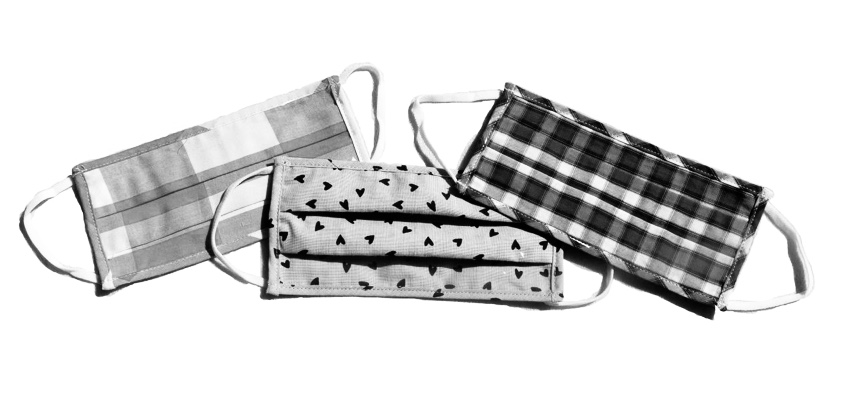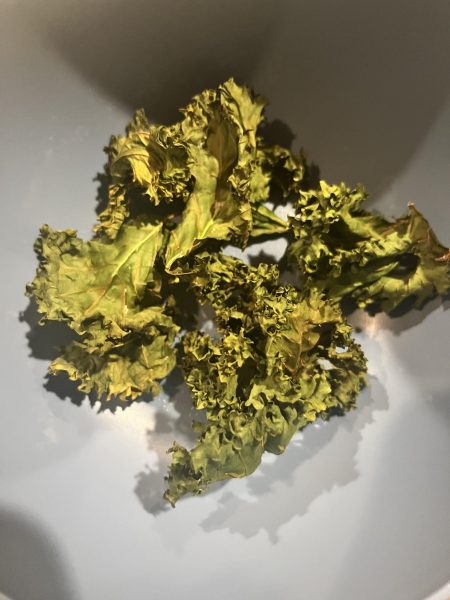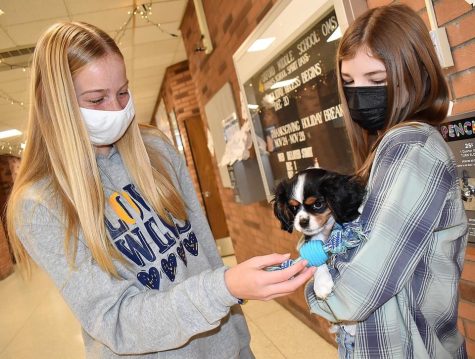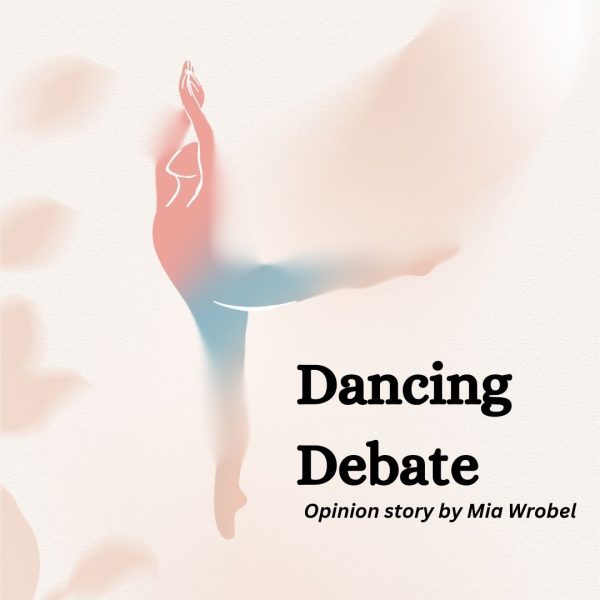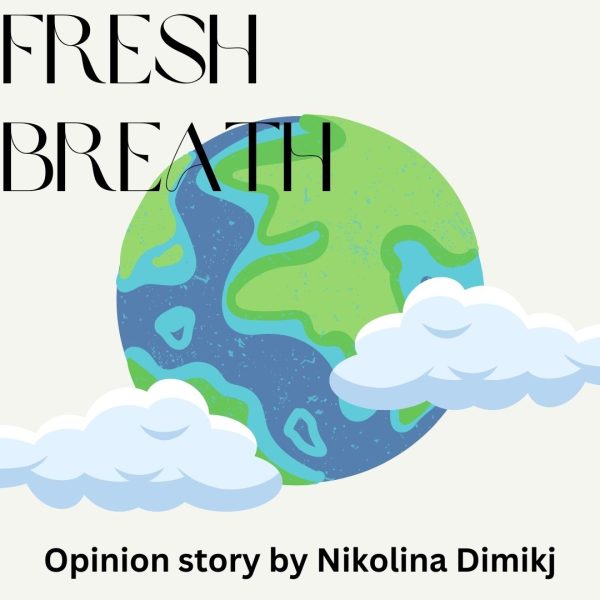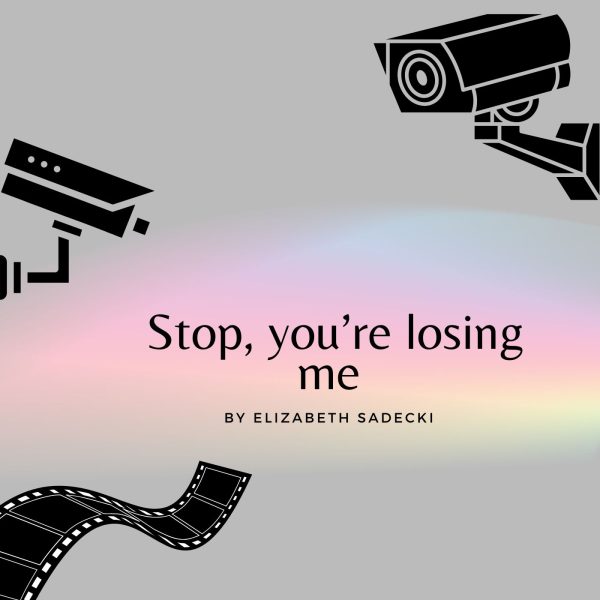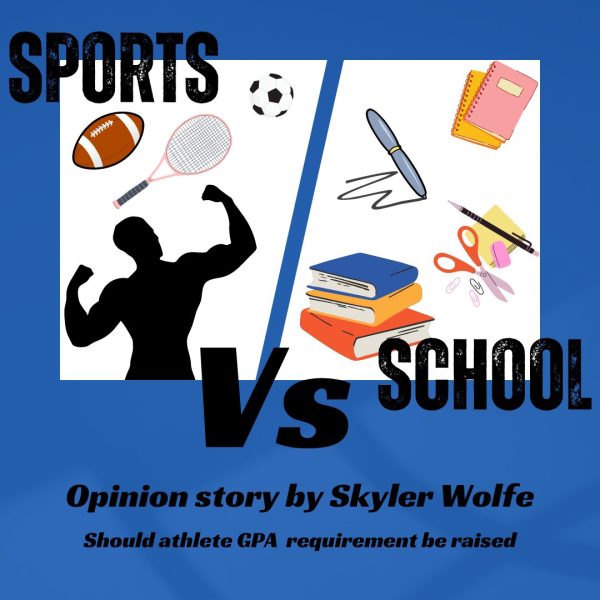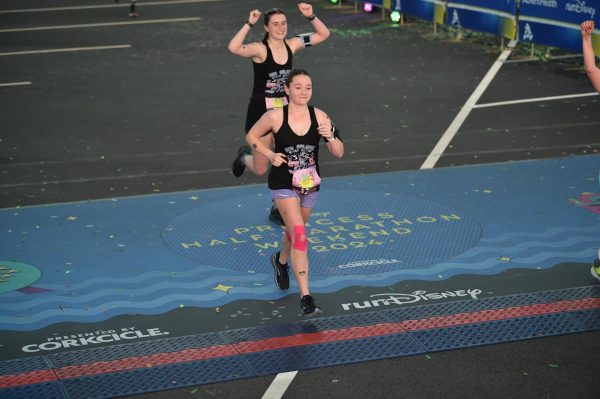The great mask debate
Masks become an object of controversy despite heavy appraisal from medical professionals
Within a politically divided climate, masks become yet another topic of divide. Despite encouragement from health officials, many still refuse to wear PPE. “Cloth face coverings are one of the most powerful weapons we have to slow and stop the spread of the virus – particularly when used universally within a community setting,” CDC director Dr. Robert R. Redfield said in a press release.
After almost one year of COVID-19 reaching the United States, personal protective equipment (PPE), specifically medical grade and cloth face masks, have become a nationwide norm; however, a select group of people, aptly dubbed ‘anti-maskers,’ have turned these precautionary accessories, or lack thereof, into a political statement.
“When it became clear that we could get the infection could be spread by asymptomatic carriers who don’t know they’re infected, that made it very clear that we had to strongly recommend masks,” National Institute of Allergy and Infectious Diseases director Dr. Anthony Fauci said in an interview with “60 minutes.”
Fauci, along with a number of other healthcare professionals, in addition to White House officials, have publicly expressed their endorsement of wearing a face mask while in public in an effort to lessen the spread of COVID-19. Despite these encouragements, many still resist these suggestions, citing a multitude of often baseless excuses.
While some individuals do in fact provide valid reasons for exemption, such as diagnosed medical issues that hinder their ability to breathe, the problem lies within those who refuse to wear a mask because they believe it takes away their freedom of choice, it’s ineffective or it feels uncomfortable.
A politically motivated anti-masker often uses phrases like “My body, my choice” or “I can’t breathe with the mask on” in an attempt to justify their resistance. However, in today’s political climate, these quick jabs are especially tone deaf and come across as bitter mockeries of other movements. “My body, my choice” is a line often used by those who support the Women’s Rights movement and “I can’t breathe” were some of the last words uttered by George Floyd before his death that sparked the Black Lives Matter movement earlier this year.
As for those who believe a mask is ineffective, these claims have been largely disputed by two of the leading researchers for COVID-19, Dr. Fauci and Dr. Robert R. Redfield, the director of the Centers for Disease Control and Prevention (CDC).
The CDC reported a study done by researchers from CoxHealth hospitals, Washington University, the University of Kansas and the Springfield-Greene County Health Department, in which they observed the COVID-19 spread from two positively-tested stylists in a Missouri hair salon. After developing symptoms of the virus, one of the stylists continued to work for eight days and her coworker, after contracting it from the latter, continued working for four days after the first noted symptom. The salon had a policy in place requiring both employees and clients to wear face masks at all times in compliance with local government orders. Throughout their time of continued work, the two stylists wore double-layered face masks during the 15 to 45 minute appointments, with 98% of the clients also wearing face coverings, such as cloth and surgical masks, as well as N-95 respirators. When surveyed, none of the clients who came in contact with either stylist reported any symptoms following their appointments. All 67 people (48% of the total clientele) who were subsequently tested reported negative results for COVID-19. However, several family members of the stylists, whom they came in contact with without a mask, developed symptoms and tested positive for COVID-19 following their interaction.
Without a basis of ineffectiveness claims, it becomes clearer that refusal to wear a mask is based more in the power of choice than anything else. Understandably, this year, following the outbreak of COVID-19, proved difficult for many, with some feeling they’ve completely lost a sense of control over their lives. While many have decided to do the most they can in order to stop the spread and get life back to normal as quickly as possible, it seems the anti-mask group has gone in a complete opposite direction, taking control by making the one rebellious decision they can: refusing to wear a mask. However, by choosing to not protect themselves, they also endanger the health and safety of everyone they come into contact with, which then causes a ripple effect of positive cases.
Masks should not be an issue of politics, but of morality. One may not believe that wearing a mask has any benefits, but it has no significant detriments either. Taking the health and concerns of others, especially those who are immunocompromised, into consideration, despite any personal qualms about the effectiveness of masks, is not an indicator of submission, but of politeness and respect for the opinions of others.
“We are not defenseless against COVID-19,” Redfield said in a CDC press release. “Cloth face coverings are one of the most powerful weapons we have to slow and stop the spread of the virus – particularly when used universally within a community setting. All Americans have a responsibility to protect themselves, their families, and their communities.”
Your donation will support the student journalists of Eisenhower High School. Your contribution will allow us to purchase equipment and cover our annual website hosting costs.

